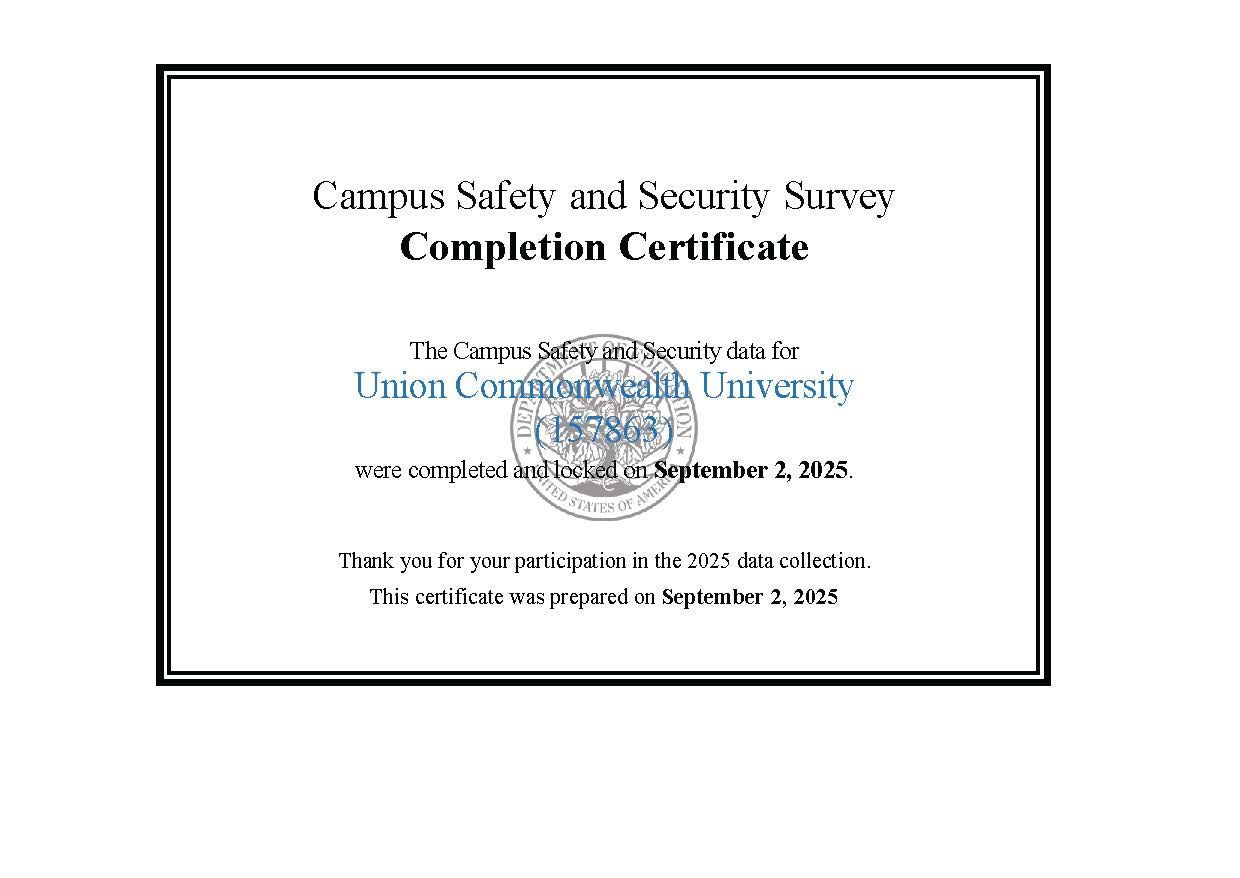The Jeanne Clery Disclosure of Campus Security Policy and Campus Crime Statistics Act (Clery Act), previously the Higher Education Act of 1965, is a consumer protection law passed in 1990. It was named after Jeanne Clery, a 19-year-old college student at Lehigh University who was raped and murdered in her college dormitory in 1986. Jeanne’s parents, Connie and Howard Clery lobbied for revolutionary policy changes following her death. They also worked with allies and advocates to form a 501(c)(3) nonprofit organization, The Clery Center, that would seek to prevent the kind of violence that had taken Jeanne from them.
The Clery Act requires all colleges and universities who participate in Higher Education Act’s Title IV student financial assistance programs to disclose information about campus crime statistics and security information. In 2013, the reauthorization of the Violence Against Women Act (VAWA) includes amendments to the Clery Act. Changes require institutions to disclose statistics, policies, and programs related to dating violence, domestic violence, sexual assault, and stalking. The law requires institutions to inform the public of crime in or around campus.
Keep scrolling for our crime and fire statistics or view the full Annual Security & Fire Safety Report by clicking the button below.


